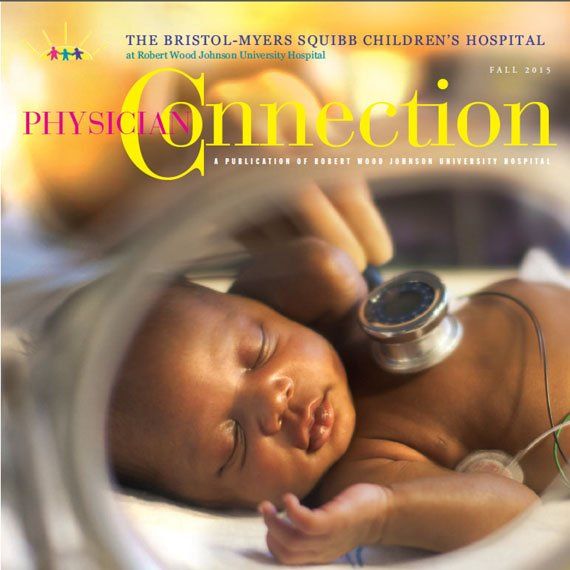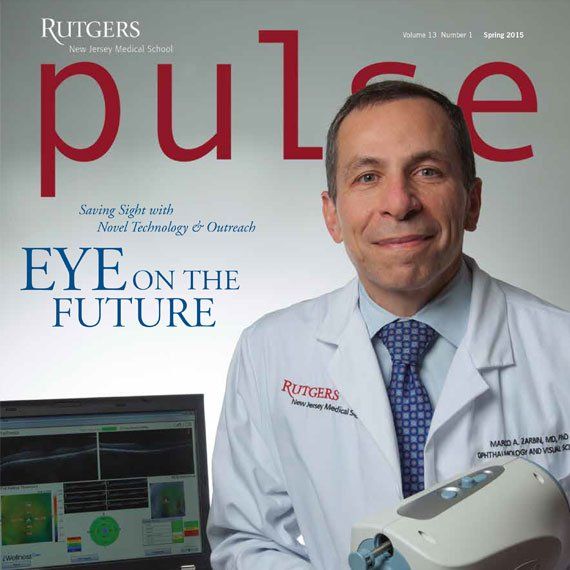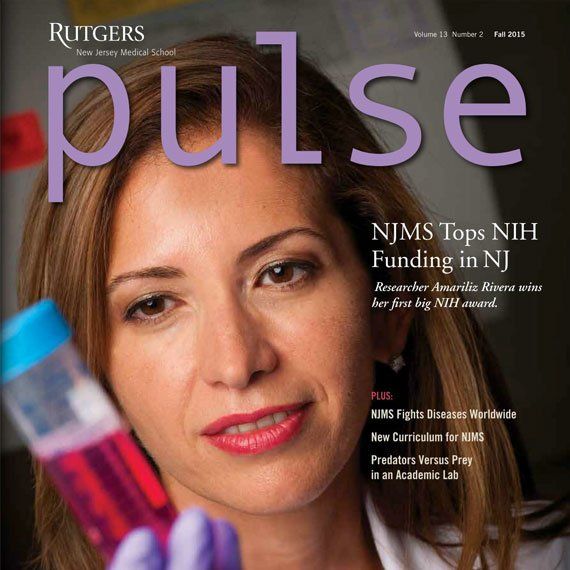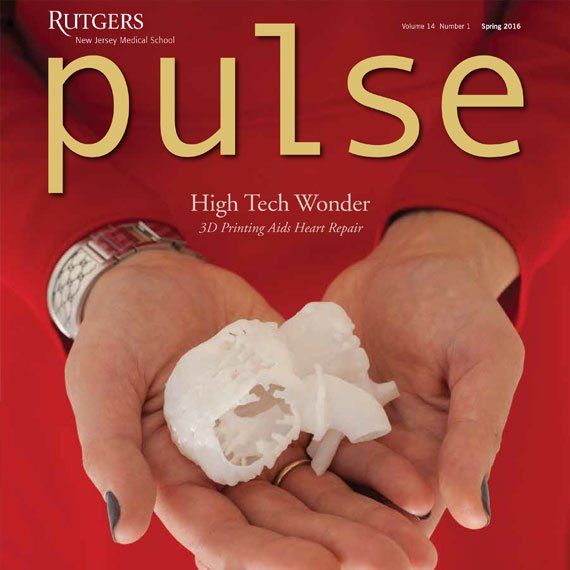
Eau de Mommy
Searching for extraordinary science and understanding in the everyday ordinary of life...
My daughter Maggie, who is now the mother of absolutely beautiful, two-month-old Evangeline, can not believe what her sense of smell is up to these days. “No one told me that I would be obsessed with my baby and that her breath in my face when she sighs would smell sooooo good.” And while Evan can’t speak English yet, she is just as likely to be saying the very same thing.
It’s all about those pheromones! A study published in Communicative & Integrative Biology , titled “Chemical communication and mother-infant recognition” and written by Stefano Vaglio at the University of Florence, Italy, looked at the research behind these human chemical signals and then searched for “individual odor” signatures in a sample of mothers. Even though we may all think we’ve heard everything we need to know about this term pheromones, not a single one had been identified at the time of Vaglio’s work in 2009. The closest contender, he says, is some elusive chemical in the armpits of women. “Apparently this unidentified pheromone causes menstrual synchrony in females living in close quarters.”
As it turns out, every mother has her own special unique odor signature, especially in her armpits and breasts. And a newborn recognizes this scent from the very first moments of life and breath, having grown to love it back in the womb right there in the amniotic fluid zone. But it’s not just about recognizing each other. It’s also critical to their attraction and ability to fall in love with each other. “Breast odors from the mother exert a pheromone-like effect for the newborn’s first attempt to locate the nipple,” Vaglio writes. Those pheromone signals also improve with individual odors and a mother’s proteins release small molecules slowly, making them last longer, this researcher explains. Breast-fed babies, in fact, were able to pick up the maternal odor cues quicker than bottle-fed infants, which makes sense with all the skin to skin contact.

The researcher actually identified the particular chemical odor compounds from the moms’ sweat patch samples collected from both their underarms (para-axillary area) and breasts during pregnancy and in the weeks after childbirth. Vaglio suspects that those distinctive olfactory patterns captured in the armpit might be helpful to a newborn baby. And I am intuiting that he means a crying baby might go looking for the comfort of his or her mother’s special scent. So, the next time I am babysitting Evangeline, I am going to ask Maggie to leave behind an unwashed T-shirt. Her “Eau de Maggie” scent might prove just as useful as a bottle of her breast milk or a pacifier.


















